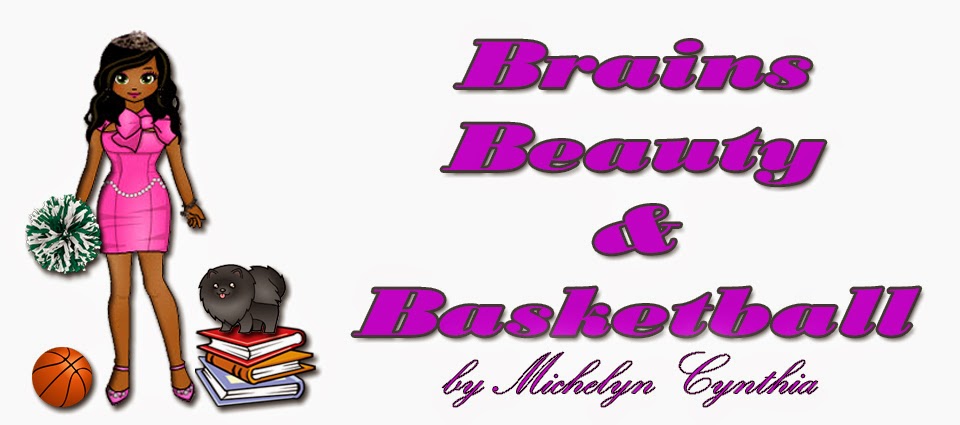In my field of school psychology, I often support behavioral therapists' development and implementation of behavioral plans. First, and foremost, it is challenging to define a problem behavior for many. Typically, one says they (or the child) is "depressed" or "having temper tantrums" but we do not do well defining exactly what that behavior looks like from the outside, or others' perspective, as well as internally. In my line of work, it too can be quite challenging for teachers and parents to understand that their behaviors, as the adult, may be reinforcing or triggering certain maladaptive behaviors in children. Being a behavioral therapist entails mastering skills at defining and changing problematic behaviors.
But, this book was not written by me, and the tenets of being a behavioral therapist are valuables ones to posses, so I will share the second strategy outlined in "Becoming a Calm Mom."
Becoming Your Own Behavior
Therapist
|
1.
Identify
a Trigger, a Response, and a Result
2.
Figure
out what Goal you want to achieve .
3. Figure out how to Change Your Response
so that you can realize your goal.
|
Ledley, D.R. (2009). Becoming a calm mom: How to manage
stress and enjoy the first year of motherhood. Washington, DC. American
Psychological Association.
Trigger (also referred to as Antecedent/Activating Event): Thought and/or action (including another's behavior) that directly proceeds, elicits, or cues a certain response
Response (also referred to as Behavior/Beliefs):Rationale/irrational thoughts or behaviors that occur in reaction to the trigger.
Result (also referred to as Consequence):Emotions, thoughts or behaviors that are manifested from the Response
Goal (also referred to as Target Behavior): The preferred or desired behavior and/or thought that is deemed appropriate
Change Your Response: It is the purpose of behavior therapy to change/alter the Response in efforts of achieving one's Goal
Michelyn Cynthia


No comments:
Post a Comment